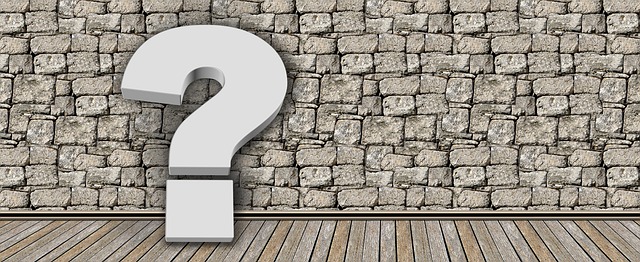
Buying a home is exciting—sometimes overwhelmingly so. Between the fresh paint smells and daydreams of backyard barbecues, it’s easy to overlook the fine print hiding behind the drywall. Most buyers know to ask about square footage and property taxes, but there’s a whole other layer of questions that can save you from surprises later.
Here are some of the most overlooked—but incredibly important—questions every home buyer should be asking.
1. Why are the Walls freshly painted?
Fresh paint can make a home look move-in ready, but it can also be a quick way to cover up issues like water stains or patched drywall. It’s worth asking the seller why certain rooms were recently repainted and whether any repairs were done beforehand. A good follow-up is to request documentation on those repairs, especially if plumbing or roof leaks were involved.
2. How Long Have the Major Systems Been in Service?
A home’s comfort (and your wallet) depends on the major systems—HVAC, plumbing, electrical, and roof. Don’t just ask if they “work.” Ask how old they are, when they were last serviced, and if any warranties remain. Replacing an HVAC system or roof can cost thousands, so knowing what’s nearing the end of its life is crucial for budgeting.
3. What’s the drainage situation like?
In Texas, drainage can make or break a property. Flat lots or improper grading can lead to standing water near the foundation, which is a recipe for trouble. Ask if the yard drains properly after heavy rain or if any French drains, gutters, or grading work have been done. Bonus tip: visit the property right after a storm if you can—you’ll learn more than you would on a sunny day.
4. Are there any signs of foundation movement?
Soil in many regions of Texas expands and contracts with moisture, and that movement can cause foundation shifts. Look for small cracks in walls, sticking doors, or sloping floors—and ask whether the seller has ever had the foundation evaluated or repaired. Documentation from a structural engineer is gold here.
5. What’s nearby that might affect the home?
Don’t stop at what’s on the property—ask about what’s around it. Are there planned developments, drainage easements, or flood zones nearby? How about noise from railroads or highways at night? A quick check with the city’s planning department can give you a clearer picture of what’s coming down the road—literally.
6. Who has worked on the house, and when?
Homes often have a history of repairs, remodels, or additions. Ask for a list of contractors or permits if possible. Work that wasn’t properly permitted or inspected can cause headaches later when you try to sell—or worse, when you discover it wasn’t done to code.
Final Thoughts
Asking these questions doesn’t mean you’re suspicious—it means you’re smart. The goal is to understand what you’re buying, not just how it looks on the surface. A home is one of the biggest investments you’ll ever make, and the more informed you are, the more confident you’ll feel signing on the dotted line.
